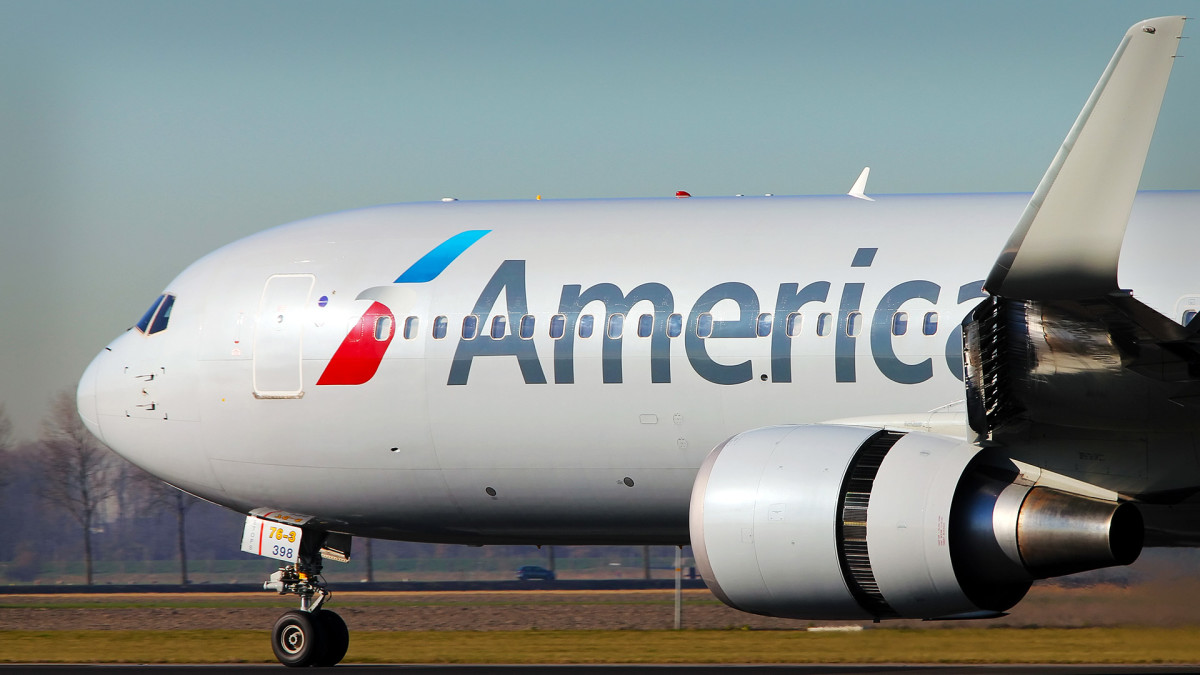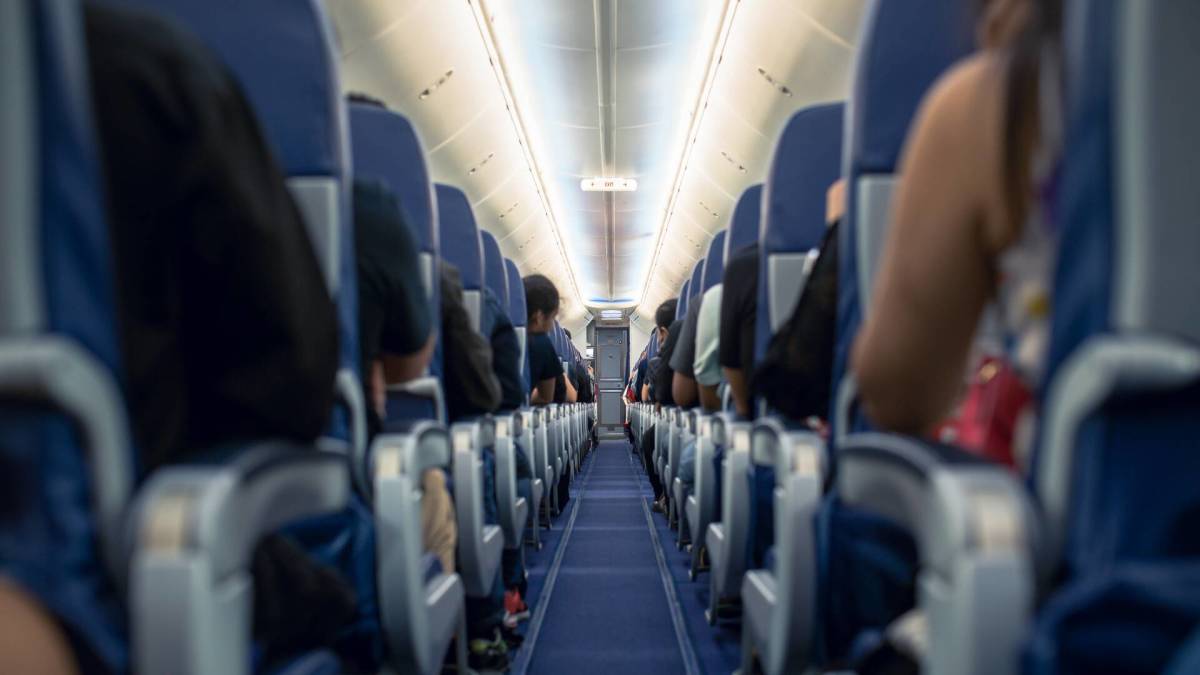
A flight attendant's job is generally understood to be challenging for a number of reasons.
But one action aboard an American Airlines (AAL) -) flight is getting a lot of attention and has created some controversy.
Related: American Airlines now makes a 'huge' change passengers will love
Flight attendants, responsible for the safety and comfort of airplane passengers, do so while understanding the stress of being both prepared and trained to handle emergencies.
They also, in unfortunate circumstances, have to deal with unruly and sometimes violent travelers.
In late October, a controversy erupted on social media when Lori Soler, a user of X (formerly Twitter), posted a photo of the galley of an aircraft on a three-hour flight from Dallas to Toronto with an arrangement of seat belts that looked to be positioned to block passengers from the area.
Some saw the action as a deliberate and rule-breaking attempt by flight attendants to shield themselves from their customers.
Others even suggested the move interfered with the safety of those on board the aircraft.

Shutterstock
One travel expert defends the flight attendants
Earlier this week, One Mile at a Time writer Ben Schlappig said he encountered a similar situation on an American Airlines flight, but with an elastic band (instead of seatbelts) stretched across the rear galley. He also said there was a trash bag hanging on it.
Schlappig, rather than joining the criticism, came to the defense of flight attendants.
"Let me provide a different perspective, because I recently took two American 737 flights in economy," he wrote. "To be honest, this was the first time in a long time that I was in American's 737 economy on a flight long enough where I had to use the lavatory."
"When I approached the rear galley, the first thing I noticed was just how horribly tight it was back there. You have two lavatories that are right across from one another, right in front of the galley, and there's no room to wait anywhere," he continued. "On top of that, the galleys are tiny, yet that's where two flight attendants are expected to be stationed after the service is complete. The flight attendants were within inches of other passengers — it was actually tighter back there than in the cabin, and that’s saying something."
Schlappig explained how the design of the aircraft made him think differently about the working conditions flight attendants have to endure.
"Honestly, seeing that gave me a new appreciation for how unpleasant it is to work in an economy cabin on a narrow body aircraft when such little effort is put into making the space decent for the crew," he wrote.
The crew appeared to simply want a little space
Schlappig reported that the service in the rear galley was not interrupted by the makeshift barrier.
"The crew blocked off the galley for maybe an hour after they performed the service," he wrote. "You know what’s interesting, though? The crew was actually friendly. They were happy to accommodate any requests in the rear galley, and you could easily see them or talk to them. They clearly just wanted an absolute minimal amount of personal space."
The travel expert expanded a bit on what led him to write about the situation.
"Let me be clear — I'm not excusing violating company policy," he wrote. "What I am saying, however, is that we have people making many millions of dollars per year signing off on cabin configurations that cram in as many seats possible, with absolutely no regard for how these configurations impact the people who have to spend their entire working hours in them."
"My point is simply that flight attendants doing this don’t necessarily hate customers and don’t necessarily want to not provide service," he continued. "They probably just hate how their workspace is literally tighter than any other workspace out there, due to management’s disregard for their comfort."
Schlappig was also sure to include some advice for those making management decisions at the airlines.
"That doesn't excuse (flight attendants) violating the company’s policy, but there’s a difference between wanting a minimal amount of personal space and hating customers," Schlappig wrote. "If management wants flight attendants to provide good service, then set them up for success. Part of that includes a pleasant work environment."
Get exclusive access to portfolio managers and their proven investing strategies with Real Money Pro. Get started now.







